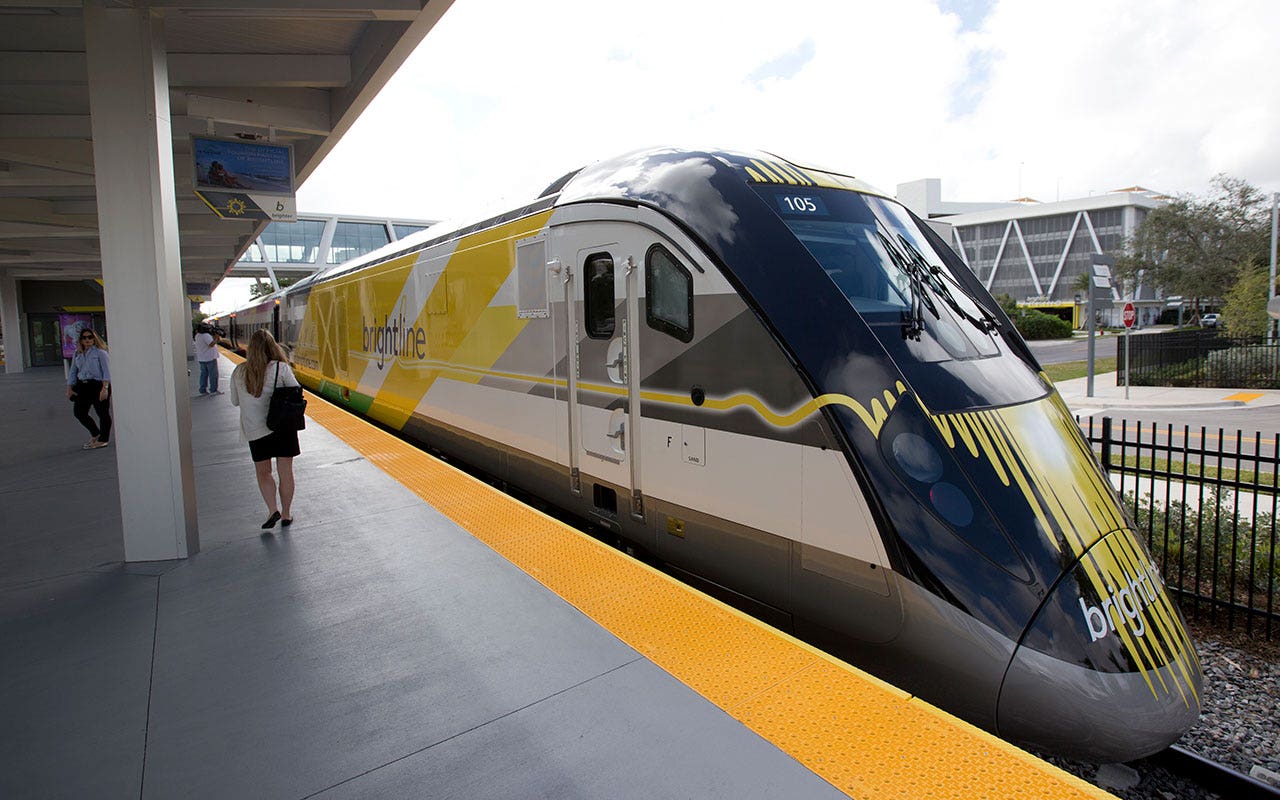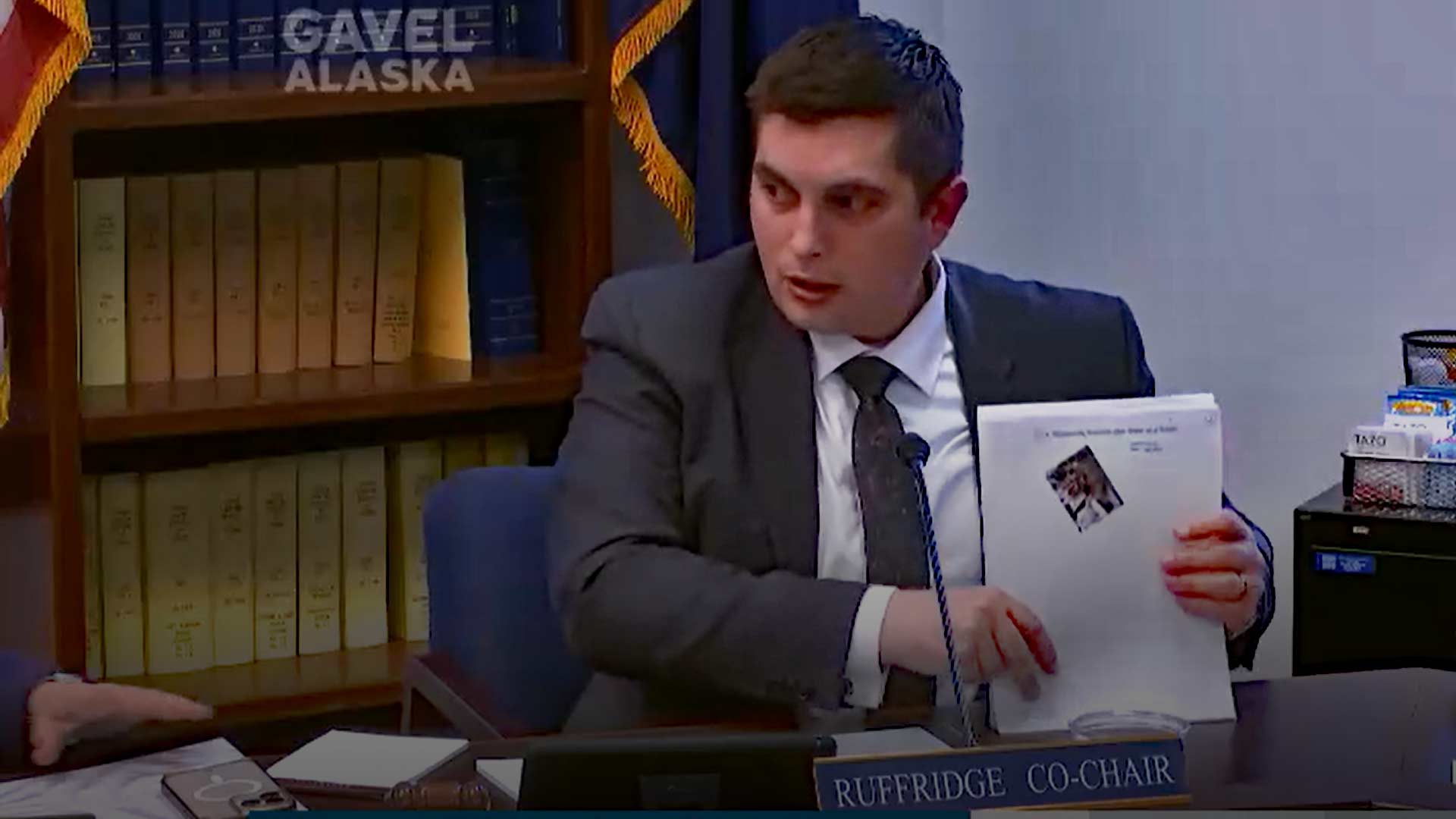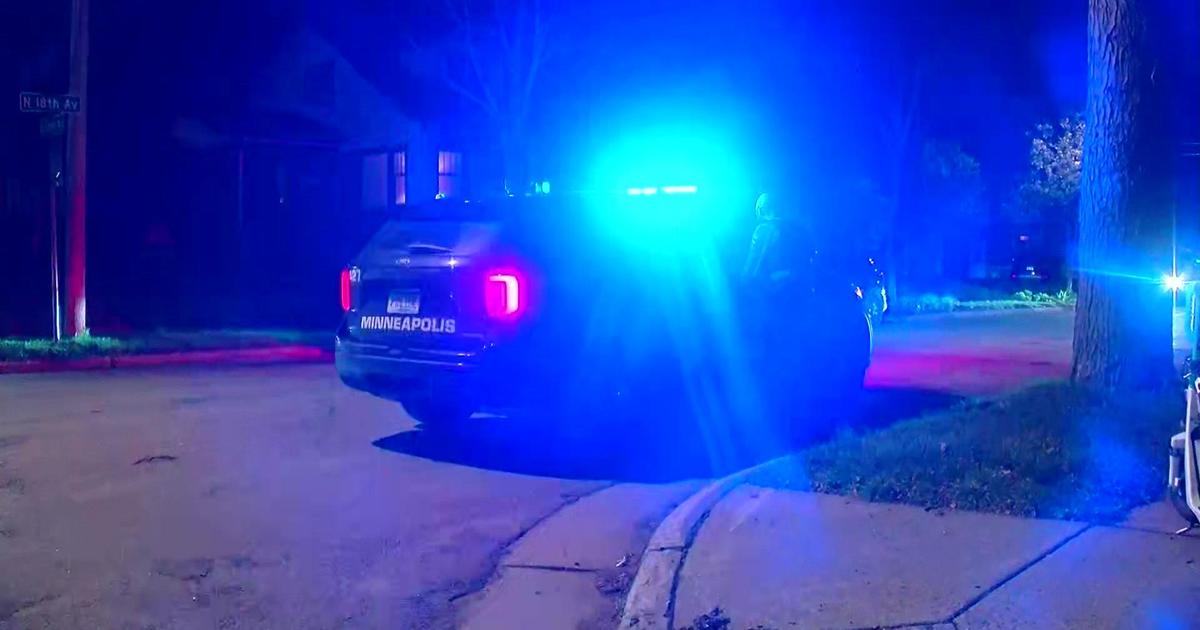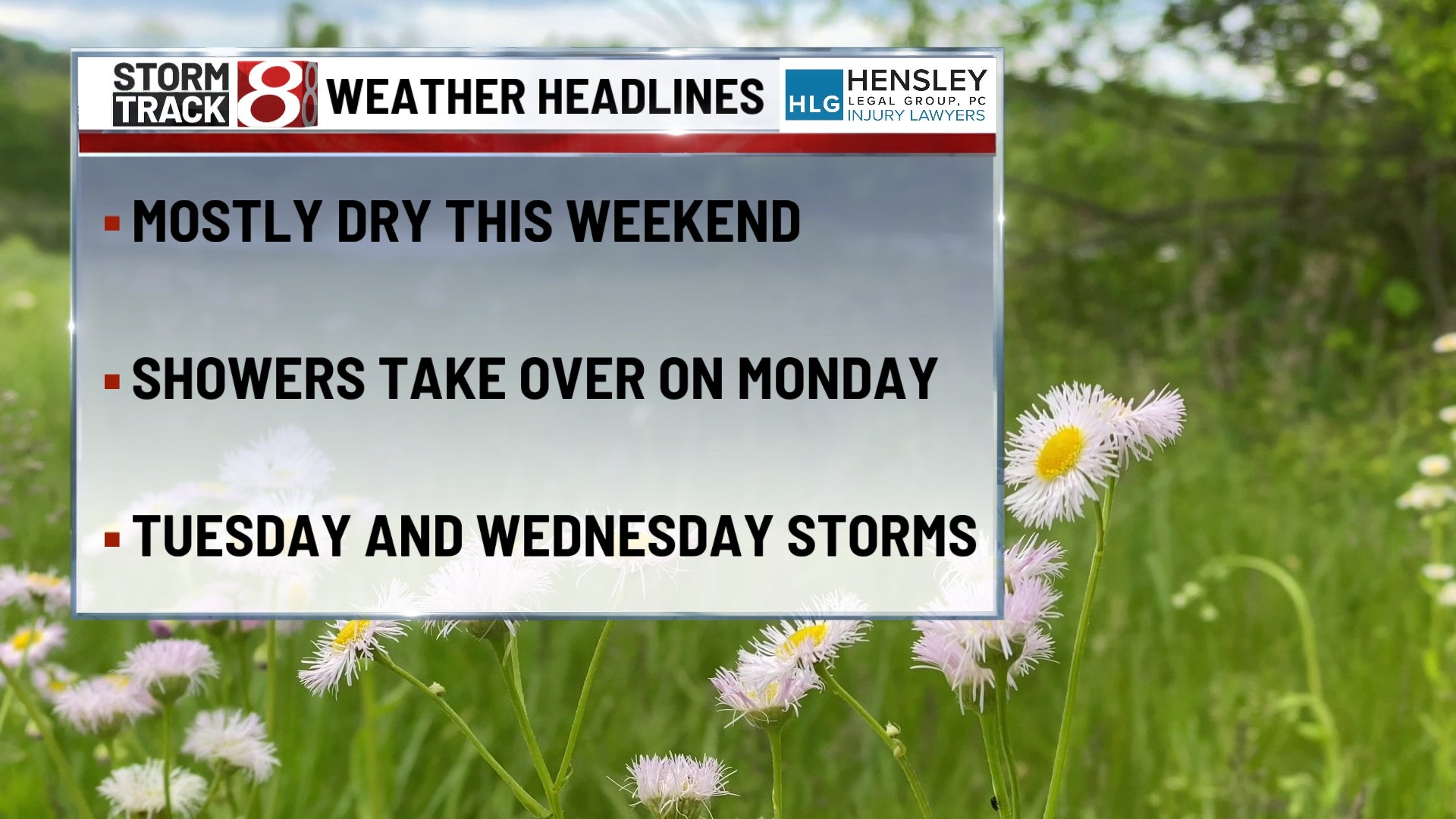West
Building starts on high-speed rail line between Las Vegas and Los Angeles area

Railway Labor Unions reach deal
President Joe Biden’s administration has set a tentative deal to stop a railway strike that could have devastated the U.S. economy.
- Work is scheduled to begin on Monday on a $12 billion high-speed passenger rail line from Las Vegas to the Los Angeles area.
- The rail line is expected to board millions of passengers by 2028, according to officials.
- Brightline West aims to have trains operational by the 2028 Los Angeles Summer Olympics.
Work is set to begin Monday on a $12 billion high-speed passenger rail line between Las Vegas and the Los Angeles area, with officials projecting millions of ticket-buyers will be boarding trains by 2028.
Brightline West, whose sister company already operates a fast train between Miami and Orlando in Florida, aims to lay 218 miles of new track between a terminal to be built just south of the Las Vegas Strip and another new facility in Rancho Cucamonga, California. Almost the full distance is to be built in the median of Interstate 15, with a station stop in San Bernardino County’s Victorville area.
In a statement, Brightline Holdings founder and Chairperson Wes Edens called the moment “the foundation for a new industry.”
US TO AWARD $3 BILLION TO LAS VEGAS HIGH-SPEED RAIL PROJECT
Brightline aims to link other U.S. cities that are too near to each other for flying between them to make sense and too far for people to drive the distance, Edens said.
A Brightline train is seen at a station in Fort Lauderdale, Florida, on Jan. 11, 2018. Work is set to begin on Monday on a $12 billion high-speed passenger rail line between Las Vegas and the Los Angeles area, with officials projecting millions of ticket-buyers will be boarding trains by 2028. (AP Photo/Wilfredo Lee, File)
CEO Mike Reininger has said the goal is to have trains operating in time for the Summer Olympics in Los Angeles in 2028.
U.S. Transportation Secretary Pete Buttigieg is scheduled to take part in Monday’s groundbreaking. Brightline received $6.5 billion in backing from the Biden administration, including a $3 billion grant from federal infrastructure funds and approval to sell another $2.5 billion in tax-exempt bonds. The company won federal authorization in 2020 to sell $1 billion in similar bonds.
The project is touted as the first true high-speed passenger rail line in the nation, designed to reach speeds of 186 mph, comparable to Japan’s Shinkansen bullet trains.
The route between Vegas and L.A. is largely open space, with no convenient alternate to I-15. Brightline’s Southern California terminal will be at a commuter rail connection to downtown Los Angeles.
The project outline says electric-powered trains will cut the four-hour trip across the Mojave Desert to a little more than two hours. Forecasts are for 11 million one-way passengers per year, or some 30,000 per day, with fares well below airline travel costs. The trains will offer rest rooms, Wi-Fi, food and beverage sales and the option to check luggage.
Las Vegas is a popular driving destination for Southern Californians. Officials hope the train line will relieve congestion on I-15, where motorists often sit in miles of crawling traffic while returning home from a Las Vegas weekend.
The Las Vegas area, now approaching 3 million residents, draws more than 40 million visitors per year. Passenger traffic at the city’s Harry Reid International Airport set a record of 57.6 million people in 2023. An average of more than 44,000 automobiles per day crossed the California-Nevada state line on I-15 in 2023, according to Las Vegas Convention and Visitors Authority data.
Florida-based Brightline Holdings already operates the Miami-to-Orlando line with trains reaching speeds up to 125 mph. It launched service in 2018 and expanded service to Orlando International Airport last September. It offers 16 round-trips per day, with one-way tickets for the 235-mile distance costing about $80.
Other fast trains in the U.S. include Amtrak’s Acela, which can top 150 mph while sharing tracks with freight and commuter service between Boston and Washington, D.C.
Ideas for connecting other U.S. cities with high-speed passenger trains have been floated in recent years, including Dallas to Houston; Atlanta to Charlotte, North Carolina; and Chicago to St. Louis. Most have faced delays.
In California, voters in 2008 approved a proposed 500-mile (805-kilometer) rail line linking Los Angeles and San Francisco, but the plan has been beset by rising costs and routing disputes. A 2022 business plan by the California High-Speed Rail Authority projected the cost had more than tripled to $105 billion.
Read the full article from Here

Alaska
Alaska lawmakers advance substitute homeschool bill that preserves annual allotment

After being flooded with letters, emails and public testimony urging them to defend and protect what many see as a key component to make homeschooling a viable option for thousands of Alaskan families, state lawmakers in the House Education Committee advanced a substitute bill on May 3, which would allow Alaska to continue reimbursing homeschool families for educational expenses incurred from tutors, classes, courses and workshops from various private vendors.
Those allotments are currently prohibited thanks to a sweeping opinion by Anchorage Superior Court Judge Adolf Zeman who ruled last month that the allotment program was unlawful because it allowed parents to use funds to help pay for instructional offerings at private and religious organizations and institutions. Zeman believes this violates the Alaska Constitution, which forbids the expenditure of public funds to “directly benefit” private or religious institutions.
While Zeman has issued a temporary stay on his ruling to let the Alaska Supreme Court weigh in, it has cast a dark shadow over the state’s rapidly growing publicly-funded homeschool community, which now stands at roughly 23,000 children, or roughly 18% of Alaska’s public-school enrollment.
In attempting to remedy the problem, and create an allotment program that doesn’t run afoul of Judge Zeman’s interpretation of the state constitution, Alaska lawmakers initially introduced House Bill 400.
This legislation proved highly controversial, however, and was ultimately rejected by the House Education Committee, because it would have vastly restricted how allotment funds are used by specifically limiting expenditures to tutoring that is not provided by a “private or religious educational institution,” and textbooks and curriculum that are not deemed to be “religious, partisan, sectarian, or denominational.”
The most current homeschool allotment bill is worded in such a way that it will allow the State of Alaska to appeal Judge Zeman’s decision to the Alaska Supreme Court without preemptively codifying new restrictions.
Additionally, the original HB 400 would have barred parents from spending allotments on any services or materials provided by a private or religious educational institution, even if it were to study subjects like math, foreign languages, vocational skills, and various other academic disciplines. Likewise, families would not have been able to pay for passes or family memberships to sports or recreation facilities for physical education or training. Nor could they have bought equipment such as basketballs, jump ropes or dumbbells. It would have also banned the purchase of animals, desks, chairs, parking fees or anything deemed “entertainment,” and prohibited payment for testing, other than assessments required by the school district. That might include any number of tests to show aptitude in various subjects.
Finally, the original bill would have prohibited expenditures on taxes on any otherwise approved item, while blocking the ability to buy “permanent items that adhere to or enhance the value of a non-school facility,” which could include chalkboards, bookshelves, greenhouses and any number of items that standard public-school students have access to at brick-and-mortar schools.
In rejecting this version of the bill, the House Education Committee advanced a much shorter and streamlined substitute bill that simply preserves the homeschool allotment program while granting the State Board of Education authority to iron out the details of how those funds can be used.
Moments before the committee voted to advance the bill, Alaska Education Commissioner Deena Bishop briefed committee members about what would happen if the new substitute bill passed out of the Legislature and was signed by the governor.
ALASKA WATCHMAN DIRECT TO YOUR INBOX
She said the Department of Education would issue emergency regulations this summer, which would then go to the Department of Law for review. The proposed regulations would then go before the State Board of Education and then out for public comment. After a final review by the Department of Law, the regulations would undergo another vote by the Board of Education before being implemented for the coming school year. Bishop said the process would likely be finish by August or September.
When asked by Juneau Rep. Andi Story whether any new regulations would specifically prohibit homeschool families from using allotment funds for services provided by religious or private educational institutions, Bishop said the state needed to sort out the difference between an “educational institution” and a “private organization.” She indicated that services and materials would likely be allowable if they came from “private organizations.” It is unclear whether that would allow families to pay for non-religious courses and materials from private “organizations” such as BYU or other entities that may have a religious underpinning.
Bishop added that the most current homeschool allotment bill is worded in such a way that it will allow the State of Alaska to appeal Judge Zeman’s decision to the Alaska Supreme Court without preemptively codifying new restrictions on allotment expenditures before the appeals process has gone through all its steps.
If the State Supreme Court were to uphold Zeman’s decision, Gov. Dunleavy has indicated that his administration is prepared to appeal to the U.S. Supreme Court, if necessary.
The bill advanced without objection and is now headed to the House Finance Committee. If it passes the House, it will then head to the Senate before going to the governor.
TAKING ACTION
— Click here to read the new substitute homeschool allotment bill.
— Click here to contact members of the House Finance Committee, where the bill is currently set for consideration. To email all members at once, use this address: House.Finance@akleg.gov.
Click here to support Alaska Watchman reporting.
Arizona
Arizona Dad Finds Twin Toddlers Drowned in Backyard Pool

Two twin toddlers died in Phoenix, Arizona on Thursday, after officers responded to a call saying that a child was drowning in a backyard pool. When first responders arrived, they discovered the father of Valentina and Penelope Ruiz attempting to do CPR on both three-year-old girls at the same time. “You can imagine what that would look like and how taxing that would be,” said Phoenix Fire Captain Rob McDade, according to Fox10. The two girls were rushed to the hospital in critical condition, where they were pronounced dead, according to police. Police said that preliminary information suggests that the drowning was accidental. “Remember a drowning is silent. Everybody thinks that you’re going to hear your child asking for help. It’s absolutely silent. So remember that,” said Captain McDade. “Again, it’s a tragic day. It is a tremendous loss for this family and for this community.”
Read it at Fox 10 Phoenix
California
California Man Charged With Sending Death Threats to Fani Willis

A southern California man was charged with sending death threats to Fulton County district attorney Fani Willis over her prosecution of Donald Trump, the U.S. Attorney’s Office in the Northern District of Georgia announced Friday.
Marc Shultz, 66, of Chula Vista, made his first federal court appearance in San Diego on Thursday, the U.S. Attorney’s Office said in a statement. He had been indicted by a federal grand jury on April 24 and will be formally arraigned in Atlanta in June.
Shultz allegedly threatened Willis’ life in several comments posted to YouTube livestream videos on Oct. 4 and Oct. 5, vowing to violently murder her. In the comments, he lobbed racial slurs at the D.A. and said she “will be killed like a dog,” according to the indictment and the U.S. Attorney’s release.
Willis, who is prosecuting Trump for alleged attempts to overturn the 2020 election in Georgia, has been the target of racist threats since Trump’s indictment in August. Trump himself has been relentless in his criticism of her, launching both personal attacks and plain falsehoods.
“Threats of violence against government officials, specifically, threaten the very fabric of our democracy,” Keri Farley, Special Agent in Charge of FBI Atlanta, said. “We want everyone to know that if you engage in such behavior, you will be held accountable to the fullest extent of the law.”
In a statement, Willis thanked the U.S. Attorney in Northern Georgia for bringing the indictment and made a dig at Republican state Senator Bill Cowsert, who is investigating Willis for misconduct.
“On the same day Senator Bill Cowsert had the audacity to question whether an elected African American female District Attorney deserves protection from death threats, the United States Attorney and the FBI announced another indictment of someone who threatened my life,” Willis said.
“I thank US Attorney Ryan Buchanan, his staff and the FBI for believing the life of an African American elected official has value and for their diligent efforts in ensuring the safety of myself, my staff, and our families.”
Willis has faced the Trump team’s sustained attempts to oust her over an affair she had with a former special prosecutor, Nathan Wade, who she hired to lead the case. Judge Scott McAfee ultimately ruled that Willis could stay, on the condition that Wade would leave the case. Wade resigned shortly afterward.
Shultz’s threats were made months before Willis’ affair was uncovered.
-

 News1 week ago
News1 week agoLarry Webb’s deathbed confession solves 2000 cold case murder of Susan and Natasha Carter, 10, whose remains were found hours after he died
-

 News1 week ago
News1 week agoFirst cargo ship passes through new channel since Baltimore bridge collapse
-

 World1 week ago
World1 week agoHaiti Prime Minister Ariel Henry resigns, transitional council takes power
-

 World1 week ago
World1 week agoSpanish PM Pedro Sanchez suspends public duties to 'reflect'
-

 World1 week ago
World1 week agoUS secretly sent long-range ATACMS weapons to Ukraine
-

 News1 week ago
News1 week agoAmerican Airlines passenger alleges discrimination over use of first-class restroom
-

 Movie Reviews1 week ago
Movie Reviews1 week agoHumane (2024) – Movie Review
-

 Education1 week ago
Education1 week agoVideo: Johnson Condemns Pro-Palestinian Protests at Columbia University













